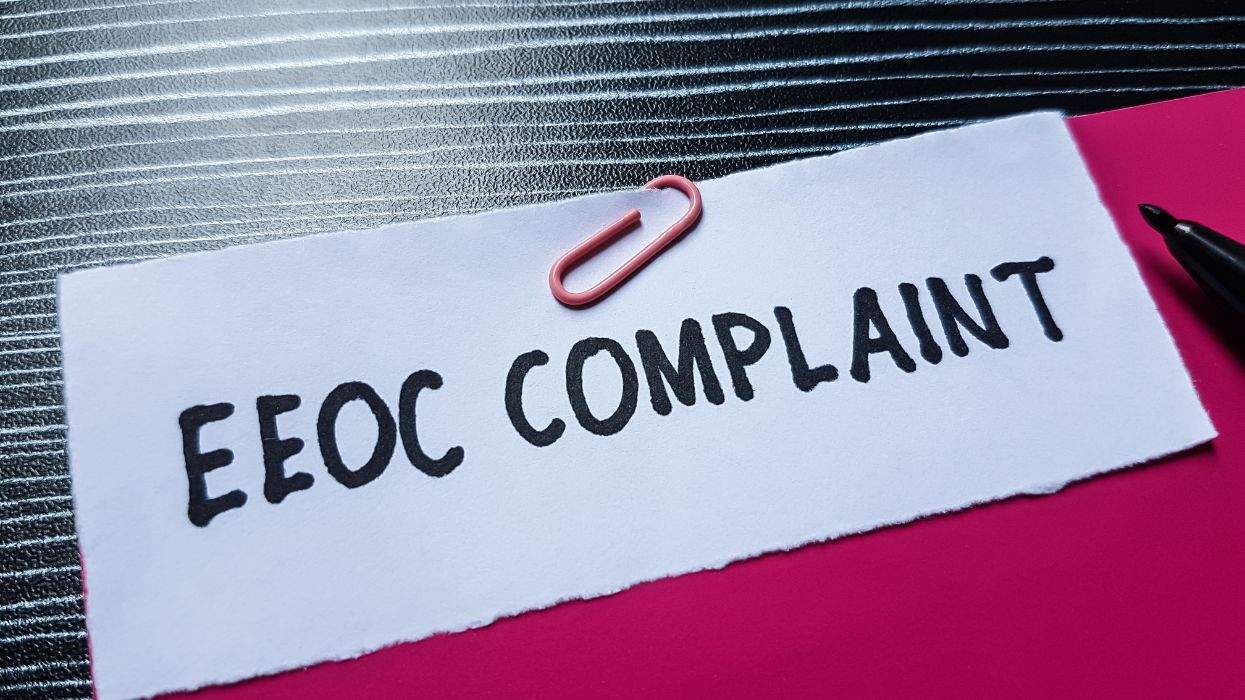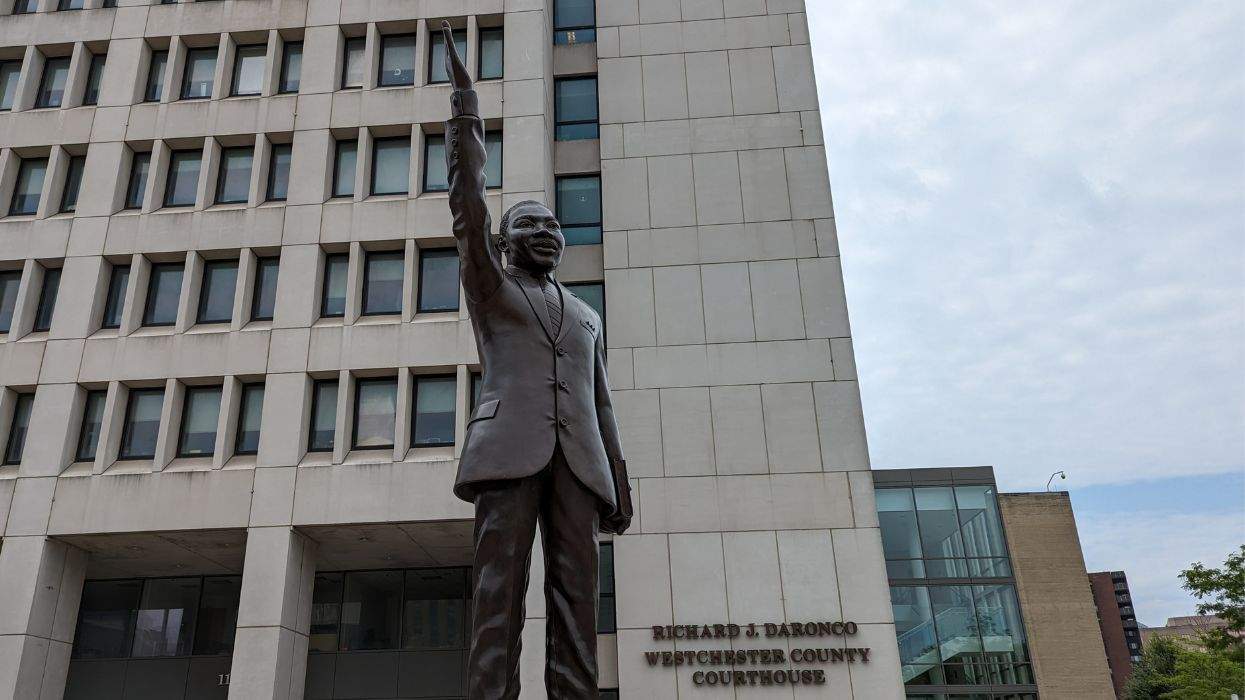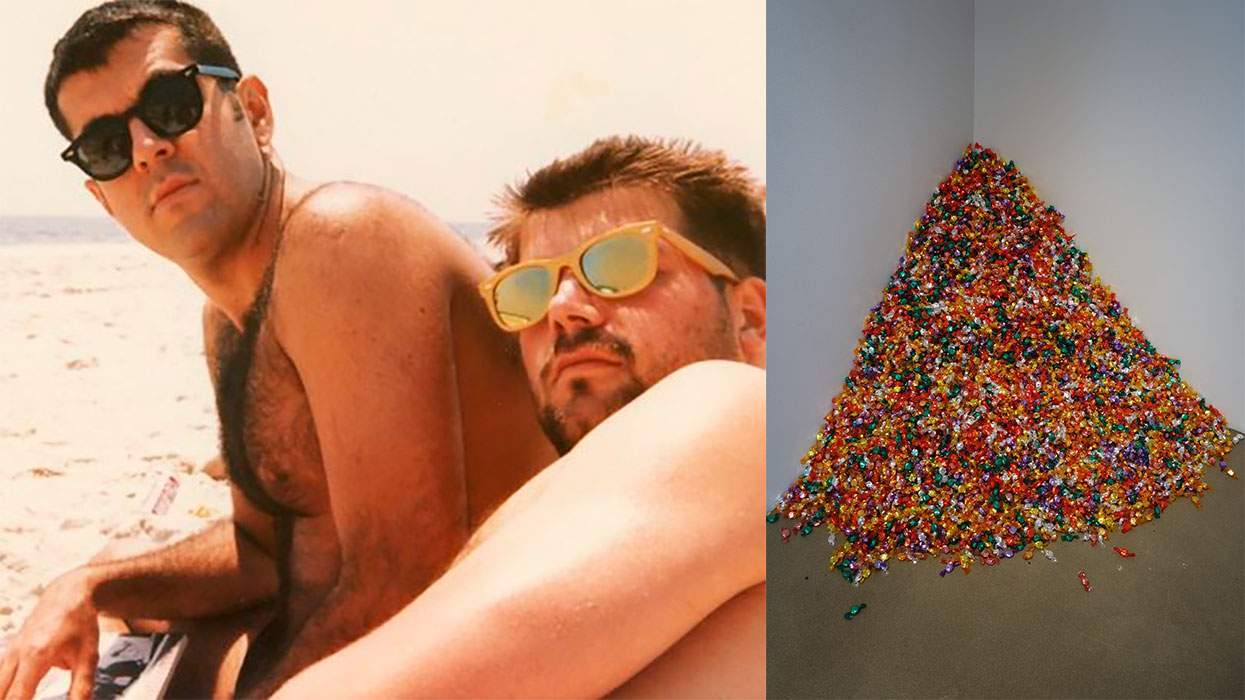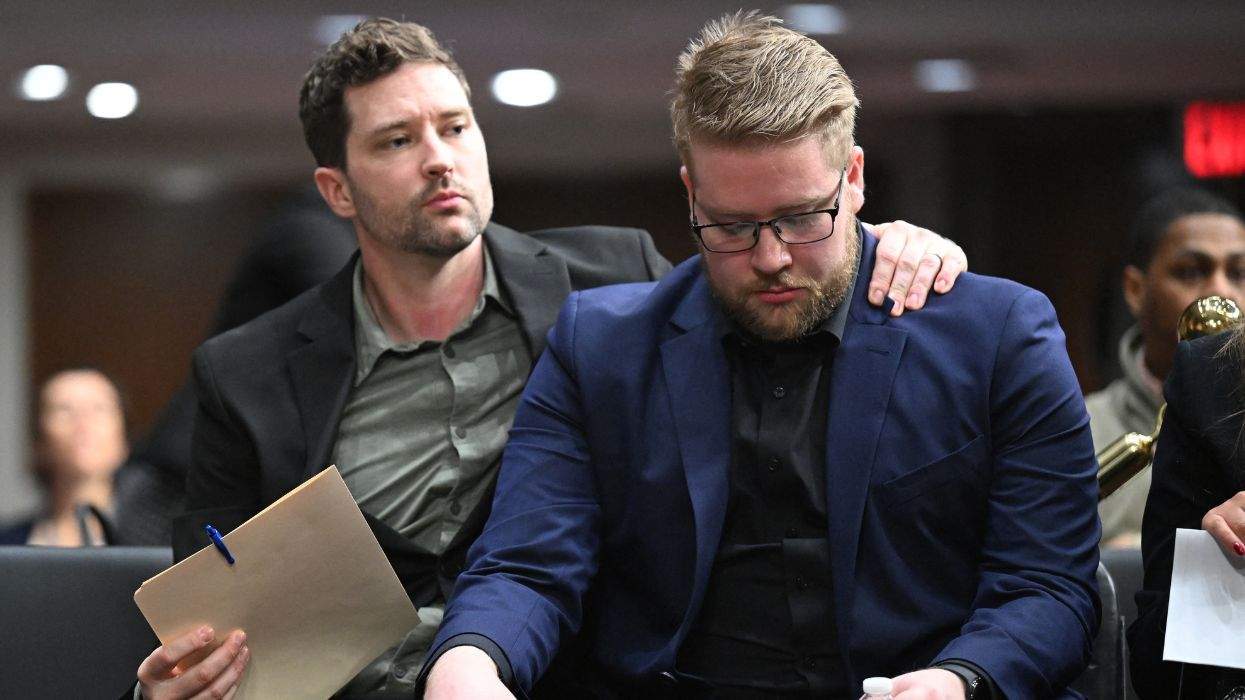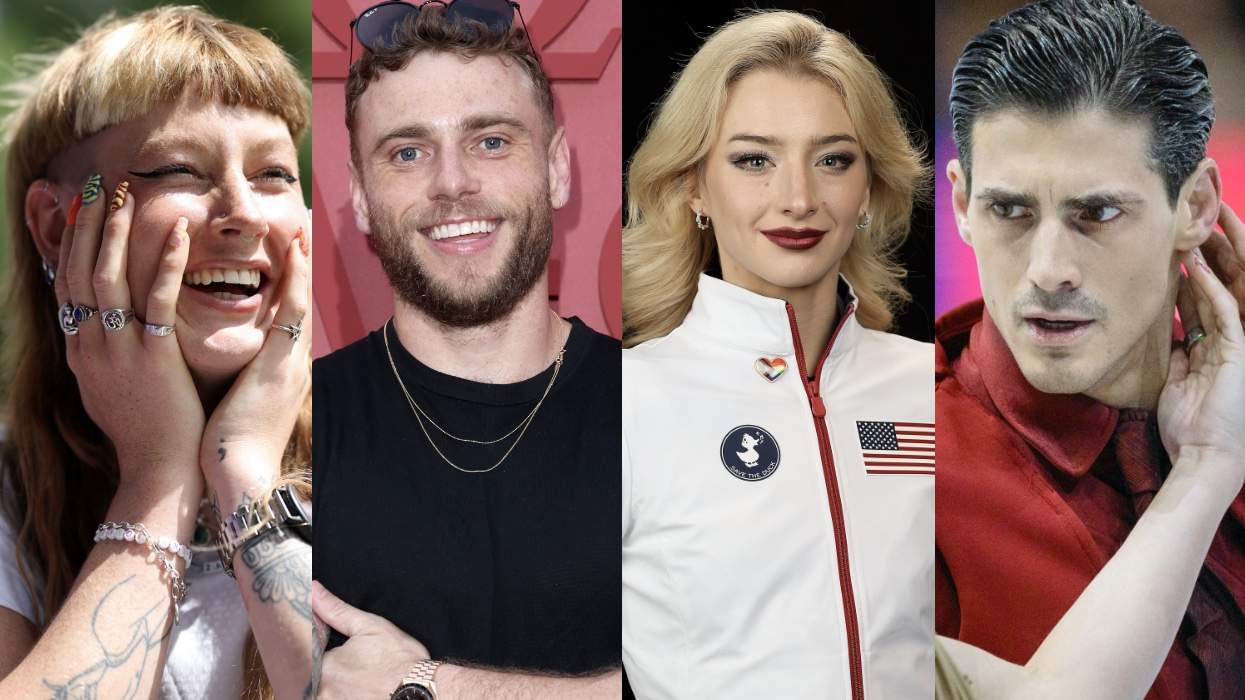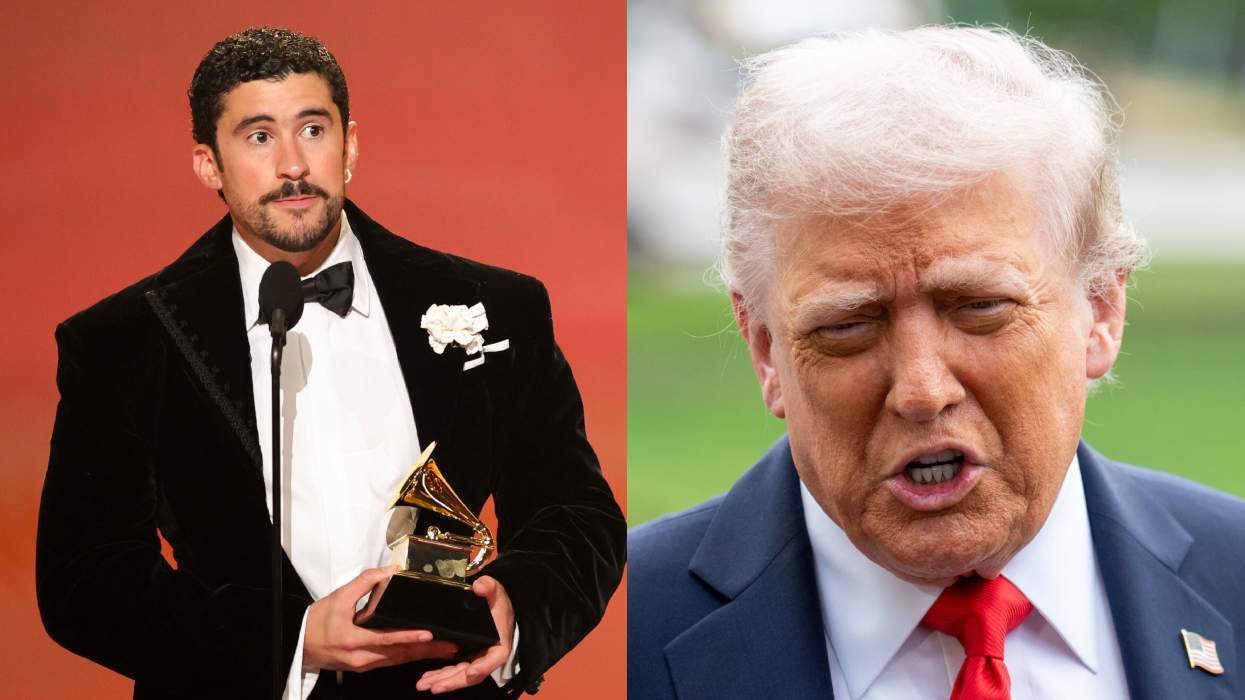I was giving my Gender 101 presentation to an important corporate client in the Bay Area recently when I got to terms and definitions. It was then I learned I am no longer a transsexual. I tried to define the difference between "transgender" and "transsexual" but was stopped by three young people -- two of whom identified themselves as nonbinary -- who took strong exception to the word "transsexual."
"We don't use that anymore," they said. This was backed up by a young cisgender man, a UCLA queer studies major, who declared that the term was objectionable because it "medicalizes" trans people and inappropriately ties recognition of someone's genital status -- which is private -- to their gender identity. So it was not only archaic but offensive.
I'd long known I was offensive -- often intentionally so, more often unconsciously. But it was the first time I learned I was also archaic. You could hear the room stirring and everyone's attention swiveling toward me, smiles gone, tense with that awful feeling when conflict breaks out over the politically incorrect.
"Politically incorrect" used to mean something like "We now have a better and more sensitive way to say that," which is actually a very helpful and useful correction to unconsciously offensive modes of communication that are deeply embedded in our language. And there are many. Yet it often comes with a hint of moral superiority, which has since grown to be as important as the subject that occasions it.
Now "politically incorrect" is closer to saying something like "I denounce you for having said something which we no longer say in polite company. You are therefore a bad person and should be publicly shamed, not to mention silenced."
Sometimes this is right on target (Mr. President, call your answering service). However, just as often, this kind of brickbat is aimed at friends and allies who are simply one step behind the discourse, which, of course, is constantly changing, so that you often don't realize you've transgressed until you do it. This generates ever new opportunities to be pronounced "politically incorrect." It happens in every language. Even among the deaf -- as The New York Times has noted -- signs evolve in order to respond to new awareness and new sensibilities.
So no, we don't say "gay and lesbian" anymore; we say "lesbian and gay." Nor do we say "lesbian, gay, and bisexual." What we now say is "lesbian, gay, bisexual, and transgender." But actually, it's lesbian, gay, bisexual, and ... oh, screw it.
I don't mind having my language corrected. God knows sometimes it is in need of correcting. Like everyone, I get things wrong, and I sometimes find myself on the wrong side of the gender discourse. But who has the right to certain terms is not just about PC but also deeply intertwined with body and identity. It's not just what is said, but who does the saying.
It dawned on me that these three individuals probably read me as another privileged straight white cisgender male who was offensively referring to someone's genital status. My co-facilitator took me aside and told me that our training was toast. There was enough bad blood and moral indignation hovering over the meeting to make it impossible for us to continue. But I wasn't so sure. I always assume my transgenderness is apparent, though in this room I was obviously wrong. I needed to come out.
So I explained that -- ahem -- I started my own transition in 1976 and that "transsexual" was indeed the term of art. We used it. Those around us used it. The book many of us read was titled The Transsexual Phenomenon. I cofounded a nationwide protest group called Transexual Menace. (No mistake, one s by intention.) And oh, yes, I had my own surgery before any of you were born.
The atmosphere in the room became instantly warmer. The straight white oppressive male had morphed into ... an oppressed marginalized transgender person. So who is politically incorrect now? The sex change was on the other foot.
We are at an interesting place in queer discourse when it comes to the politics of trans self-description. There are now rules for what we can call ourselves. I love that trans people are now considered legit enough that we can finally enjoy the luxury of telling people how we'd like to be referred to.
We used to be a despised class -- a trash bin of bodies and identities left behind when gay rights decided to mainstream itself by throwing its genderqueers under the bus (with some of us still having tread marks to show for it).
At the time, we were happy just to be mentioned, regardless of what we were called. We were the identity that didn't speak its name. Now we can't get other folks to shut up about us. There's a news story about trans every week in most major newspapers and on most high-traffic websites. My 10-year-old daughter calls me over to watch whenever she comes across another YouTube vid featuring a trans character. We are everywhere.
So in addition to no longer being a transsexual, I also realized I am no longer a "tranny." Yet, in spite of being regularly corrected when I use the term, I have a stubborn affection for it; same as "queer," another word I like -- one that LGBTQ people have fought hard for and successfully reclaimed from the pejorative it was.
In any case, for me, the word "tranny" remains important, a word I've long paid dues to own. And I use it very intentionally. I accept that, to many people, it is archaic, diminishing, and offensive. I'm sorry, but I think it important to remind people, that despite being diminished and despised, we have come through. Let us realize political correctness in all our disparate selves, in all our disparate ways.
RIKI WILCHINS's newest book is TRANS/gressive.


